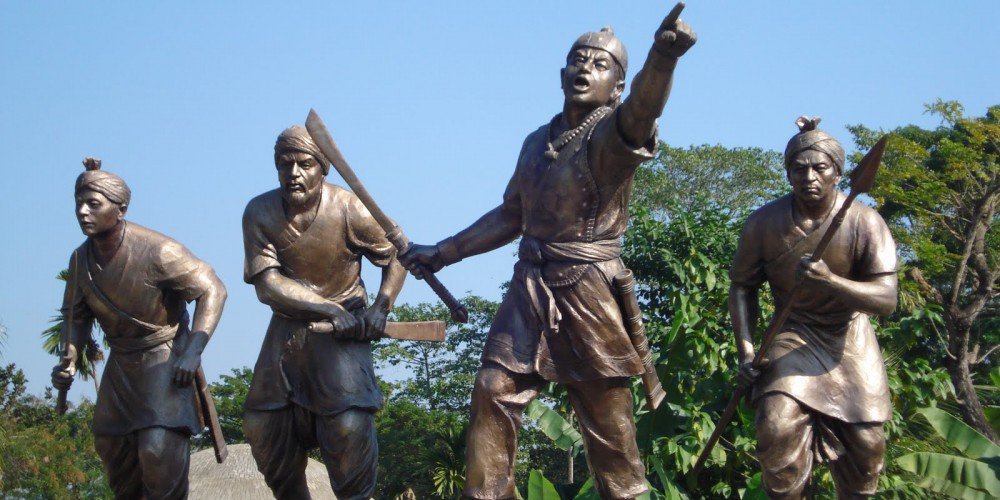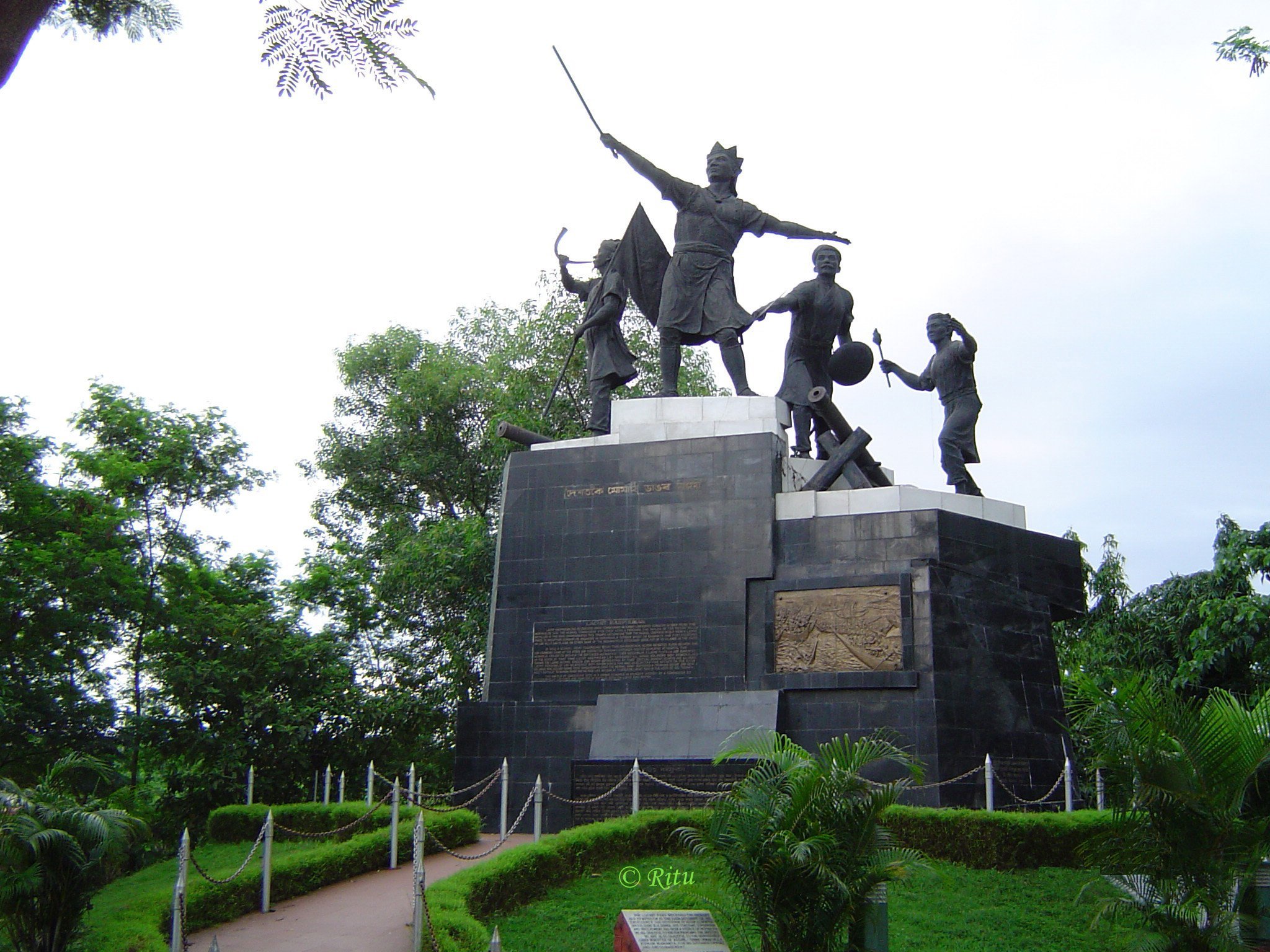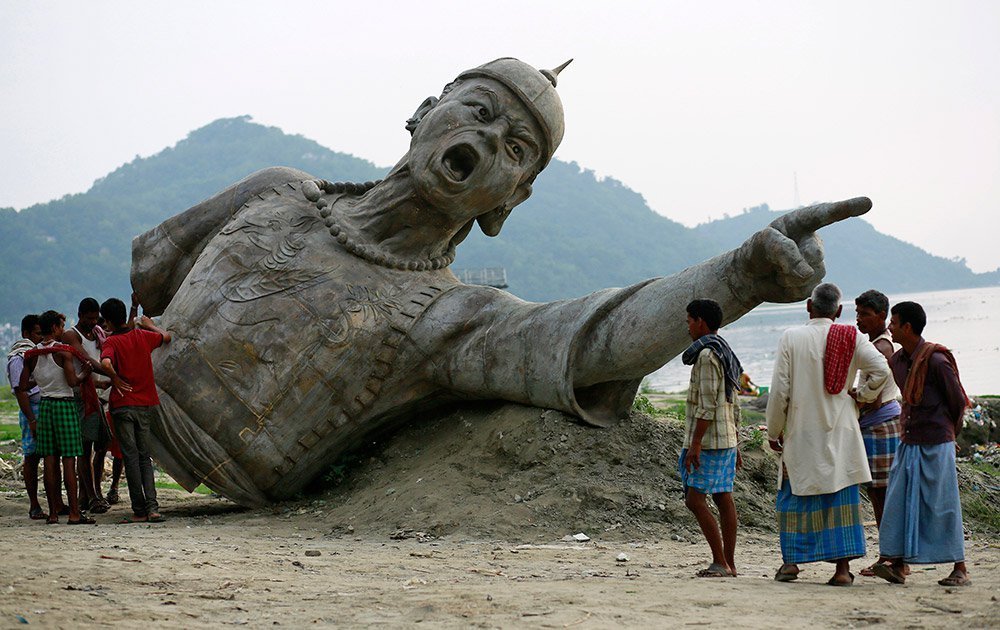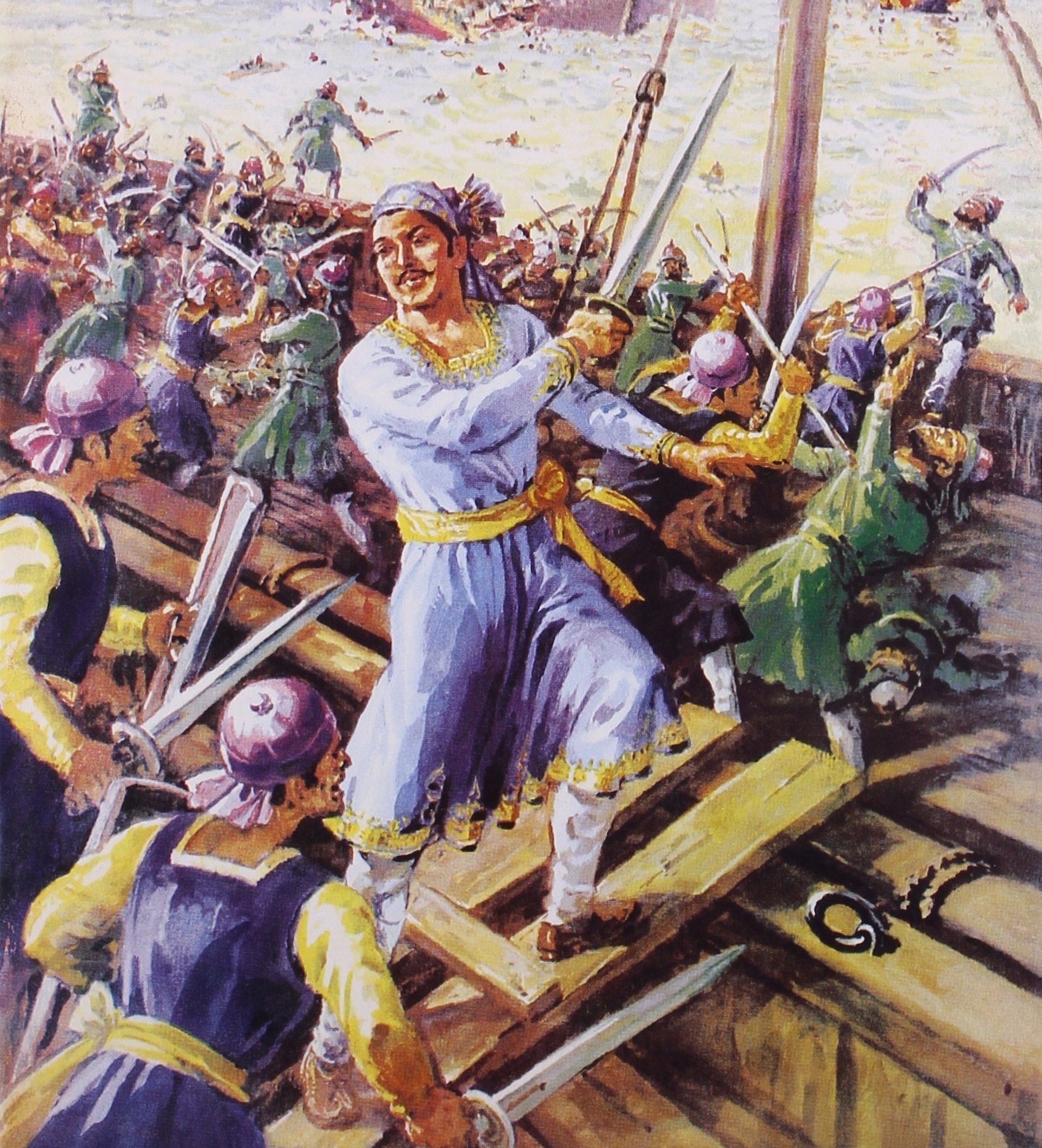While a lot is known about the valor of Shivaji, Lakshmi Bai and Bajirao, not much is known about the Ahoms and their spirited resistance to the Mughals. The Mughal Army attacked the Ahom Kingdom in the Battle of Itakhuli in 1682 that saw a decisive Ahom victory and resulted in the Mughal retreat. While we remember the valour of others, there are some who get left out. Lachit Borphukan is one such legend who did not find his rightful place in our history texts.
24 November is celebrated each year as Lachit Divas in Assam where they commemorate the heroism of Lachit Borphukan .
The valiant Ahoms had successfully repulsed frequent attacks on their homeland from the time of Muhammad Ghori on no less than seventeen invasions.

Born to Momai Tamuli Borborua, the first Borborua ( Governor of upper Assam a nd Commander-in-Chief of the Ahom a rmy) under Prataap Singha, L achit Borphukan was educated in humanities, scriptures, and military skills.
He was the Commander-In-Chief in the battle of Saraighat. The king presented Lachit with a gold-hafted sword (Hengdang) to carry out the task of defeating the Mughals.

The Mughals, even if they were well equipped, failed to make any advances towards the Ahom army in the first phase of the war. Lachit was offered a bribe of one lakh rupees to abandon Guwahati defenses. He refused to surrender.
Once, i n the famous Battle Of Saraighat, Lachit assigned the task of building an earthern wall for fortification to his uncle. As a strategy that he devised for the war next day, the fort wall needed to be completed before sunrise. To his utter shock, he returned to find an extremely tired and demotivated troop. The bridge too was incomplete. In anger and in fair judgment, he drew his sword and killed his own uncle, without a second thought. This baffled his troops.
He justified his act by saying that his uncle was not greater than his country!
This act of selflessness and dedication boosted the morale of the troops, who realized their mistake, and charged with full energy and enthusiasm to the battle field.
At a crucial stage of the battle, Lachit fell very ill and was advised to not go out in the battlefield. He realised this might dispirit the troop. But Lachit realized that his duty to protect his people was far more important than his health. It is recorded that he said:
“When my countrymen are suffering from invasion, and when my army is fighting and sacrificing its life, how can I think about resting my body due to a mere illness? How can I think about going home to my wife and children when my entire country is in trouble?”

After facing massive casualties in the war, the confused and beleaguered Mughal army was forced to retreat. Unfortunately, Lachit died soon after the battle.
The Mughal Commander-in-Chief, acknowledging his defeat by the Ahom soldiers and their Commander-in-Chief Lachit Barphukan, wrote, “Glory to the king! Glory to the counselors! Glory to the commanders! Glory to the country! One single individual leads all the forces! Even I, Ram Singh, being personally on the spot, have not been able to find any loophole and an opportunity!”

Lachit has not been given the recognition he deserved. It is time to remember those heroes, forgotten for long. On his birthday, let us remember to tell his tale of courage and passion.

















